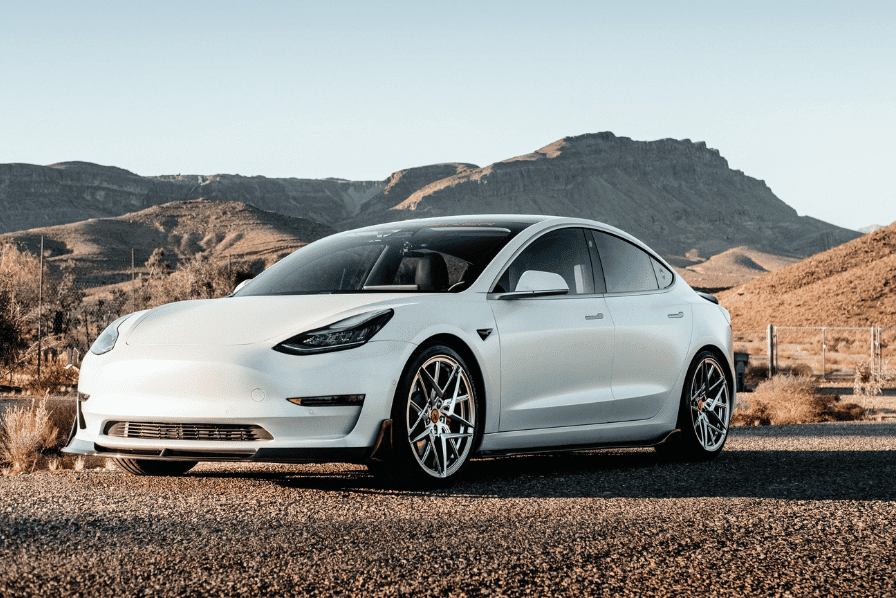If there was ever one single controversial point to discuss when it comes to buying an electric car (EV), it’s the distance you can travel on a full charge. For years, miles per gallon of fuel has been a big selling point for cars, and why wouldn’t it? After you purchase your car, the largest expense will be the cost of running it and let’s face it, fuel isn’t ever getting any cheaper. The cost of a full tank has been damaging our wallets for a long time, so it’s no wonder that when buying an electric car, we want to know how many miles we’re getting for our money.
However, when it comes to a full charge, it’s not just a case of money. We know electricity is cheaper than petrol or diesel, but it’s not just the cost of the tank/full charge that we have to question – it’s how far we will get. A full charge for £20 is great, but if you only get 200 miles from it, you’re not saving as much money as you first thought. In our recent independent consumer study, which was carried out in January 2023 with 2,000 car buyers, we found that 59 percent of people worry about electric vehicle range – and this will stop them buying one. But they are good for the environment, which is why we want to talk about how far an EV can really go on a full charge.
Ease of recharging and getting your money’s worth
Any car you purchase will tell you a best case scenario, so it’s important to consider that when looking at the miles you can get on a full charge. But typically, most cars will last between 150 and 300 miles. This doesn’t mean that there aren’t electric vehicles out there that can last much longer, but these are your average and more affordable vehicles.
We know that 150 to 300 miles may not seem like much in comparison to petrol and diesel vehicles, but remember that it’s easier to access a charger for an EV with one installed at your property. So it’s not like you need to go out of your way to go to a fuel station and fill up the car. It’s not a hassle. Which means that unless you’re driving more than 300 miles in a day, it’s not an issue how many miles you get to a full charge because you’ll be able to charge it when you get home.
Now, we know that when it comes to buying an electric car, it’s not just about ease of recharging. It’s easy enough to sit here and say that it doesn’t matter how many miles you get to charge because you have the ease of recharging each time you come home. It does come down to cost, and with energy bills soaring somewhat uncontrollably, you want to make sure that your continuous recharging is still saving you money in comparison to filling up at the pumps.
Factors that will impact a full charge
An electric vehicle will have factors that alter the number of miles travelled on full charge. We’ve previously created articles on how to get the most from a full tank of fuel, discussing factors such as the weight of the vehicle, the efficiency of your driving, and even the air in the tyres, all have an impact on how many miles you’ll travel.
The same can be said for EVs, although the factors are slightly different. To make the most of a full charge you need to consider battery size, vehicle size, aerodynamics, battery heating efficiency, and the temperature outside. That’s right, if you purchase an electric vehicle you can expect a full charge to travel further on a hot summer’s day as opposed to a cold winter’s one.
This is why it’s important to do your research into EVs before purchasing. Don’t just read the manufacturer’s guidance for how many miles you can travel on a full charge, look at what other owners of the same vehicle are saying. Especially if they’re in the same area as this will demonstrate a similar driving pattern. It’s no secret that most of your charge in London will be sitting idle, whereas in more rural areas you’ll be able to hit higher speeds on country roads and motorways.
It’s also important to remember that electric vehicle batteries will last a lot longer than a typical engine. Petrol and diesel cars are known to have their engines somewhat fall apart when they start hitting around 70,000-80,000 miles. Bits start needing replacing and it gets expensive. But for EVs, you’re looking at around 200,000 miles. That being said, some Teslas have been known to hit over 600,000 with minimal work needed.






